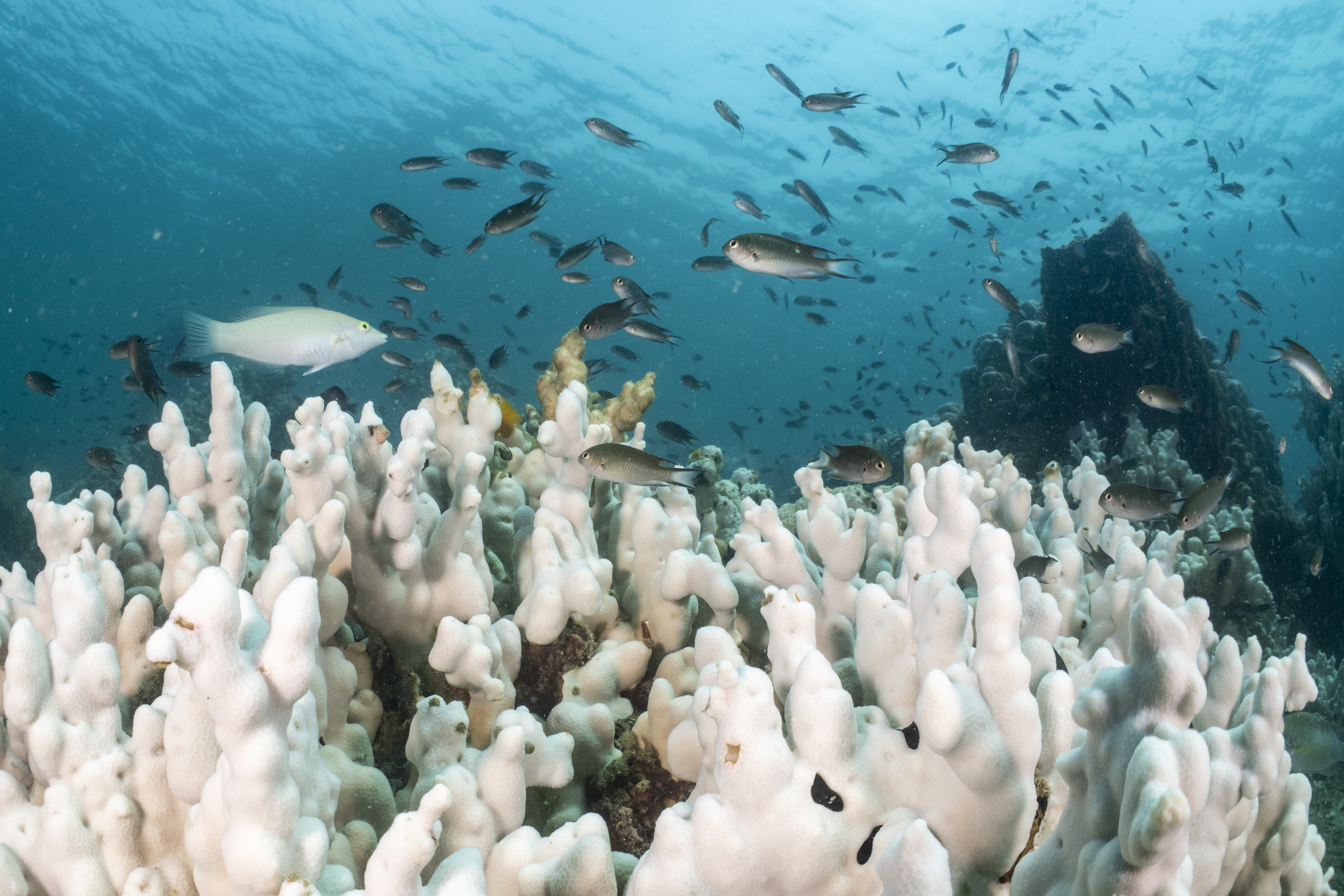On this World Ocean Day (June 8) — the companion to Earth Day on April 22 — this year's theme is "Catalyzing Action For Our Ocean and Climate."
Remember that the ocean is a reflection of the climate, and a healthy ocean means a healthy climate.
Watch NBC6 free wherever you are
Sadly, the ocean is most certainly not healthy. Ninety percent of global warming is stored in the oceans, and that has really bought us so much time because the oceans have been absorbing so much of our planet’s heating, but it’s starting to catch up to us.
Sea-surface temps are now 1.25° above normal, and we’ve seen a new record for the ocean every single day since May of 2023.
Get local news you need to know to start your day with NBC 6's News Headlines newsletter.
A scorching ocean has so many implications.
First is coral bleaching. Last year was our worst ever, and this year, it has already begun, because the ocean never fully cooler off this winter.
Second, overnight lows can’t drop. That leads to all the “warmest-low” records but also extends our heat waves because we simply can’t cool off at night.
Third is more humidity, which means more potential rain and higher “feels-like” temps, which are more important than the actual temperature. In the tropics, we know with 100% certainty that hurricanes are stronger and they rapidly intensify. And sadly, time is running out for species like the Antarctic Emperor penguin.
We know that Miami experienced its hottest year on record in 2023, its hottest feeling day last summer, and then had its hottest May this year.
In fact, of the 240 U.S. cities analyzed by Climate Central, six of the 11 most affected by climate change are in Florida. And of these 240 cities, three of the five with the most unusually warm spring days boosted by climate change are in Florida.
“Florida’s recent span of dangerous heat is clearly connected to human-caused climate change," said Dr. Andrew Pershing, VP Of Science at Climate Central. "These conditions will become more common and more intense until we stop burning coal, oil and natural gas.”
For more on World Ocean Day, visit worldoceanday.org.



